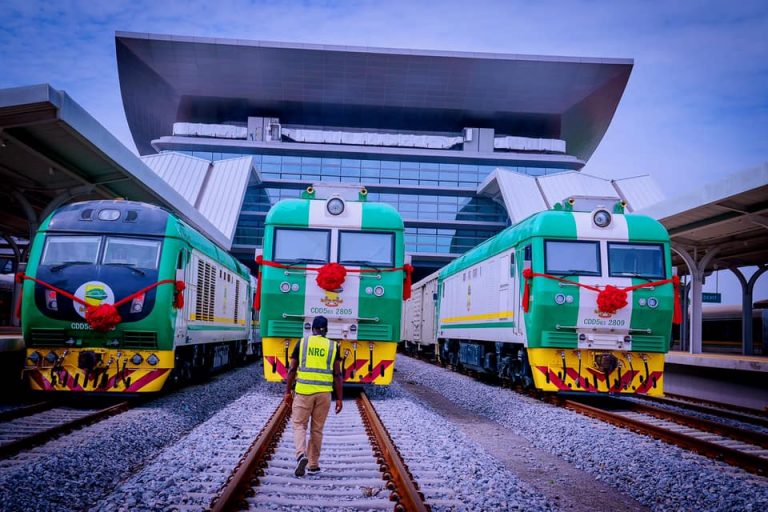
A new insightful study, supported by the Transformative Transport Service Design Initiative (TRATSEDI), is changing how people understand the travel experiences of disabled commuters in Lagos.
The research, titled: “Commuter-to-commuter interaction’s impact on travel satisfaction and well-being for commuters with disabilities,” explores how fellow passenger interactions—positive, neutral, and negative affect the overall satisfaction and mental health of commuters with disabilities.
Led by Dr Emmanuel Mogaji from Keele University, this study shed light on the often-overlooked role of public transport interactions in shaping the everyday experiences of people with disabilities.
The study revealed the challenges that showed up from interactions between commuters, demonstrating how small acts of kindness or indifference can dramatically affect the travel experiences of individuals with disabilities.
This research, conducted in collaboration with TRATSEDI, an initiative dedicated to improving the inclusivity of public transport systems, offered a fresh perspective on how accessible transport can contribute to a more equitable society.
By focusing on Lagos’s informal public transportation system, the study provided a detailed look into the personal and social dynamics that shape daily commutes for people with physical, visual, and hearing impairments.
“Commuters with disabilities face numerous barriers, not just from the transportation infrastructure itself but also from the attitudes and behaviours of other passengers,” said Mogaji.
“Our findings highlight the power of positive social interactions, but they also show how neglect or hostility can deepen the sense of isolation for these individuals,” he added.
He highlighted the key insights from the study to include positive interactions that create a supportive environment: many disabled commuters reported that small gestures from fellow passengers, such as offering assistance or simply engaging in friendly conversation, significantly improved their travel experiences. Such moments of connection foster a more inclusive atmosphere.
He stated that neutral and negative interactions have a strong impact: On the flip side, when other passengers ignored or were impatient with disabled commuters, the result was often frustration and emotional distress. These experiences highlight the critical role of public awareness and empathy in creating a more inclusive transport system.
He noted that challenges with infrastructure compound the problem: The study also emphasised the structural challenges that exacerbate negative interactions. The lack of ramps, accessible buses, and dedicated seating for people with disabilities adds to the emotional toll of commuting. When infrastructure fails, passengers with disabilities are forced to rely on the goodwill of other commuters, making every journey an unpredictable challenge.
He said as Lagos continued to expand its public transportation network; these findings offered a roadmap for improvement. Whether through better infrastructure, disability-awareness training for transport staff, or campaigns to encourage empathy among commuters, this study provides actionable insights for policymakers and transport operators alike.
“Public transport is more than just getting from point A to point B—it’s about human connection,” said a lead researcher from TRATSEDI, Temitope Farinloye.
“When we design systems that encourage positive interactions, we create more than just an inclusive commute—we create a more inclusive society,” he added.






